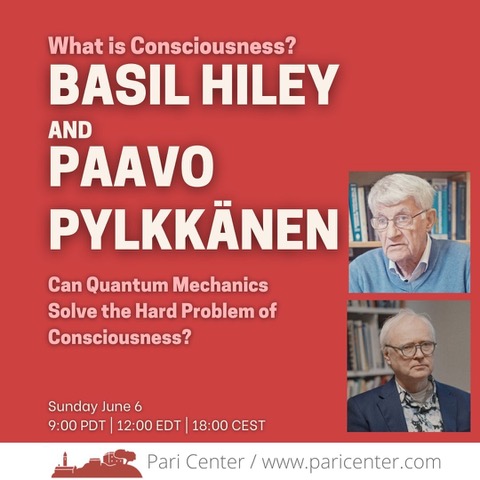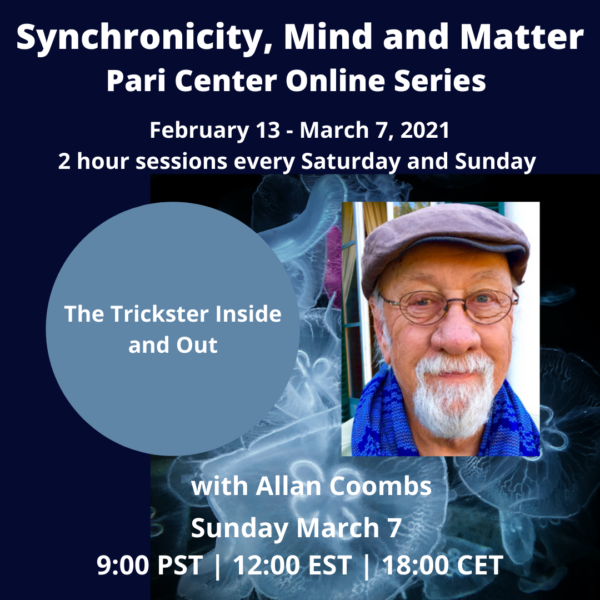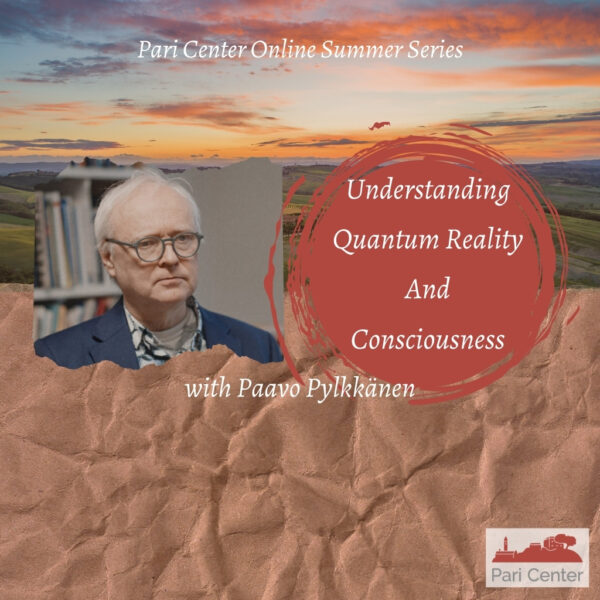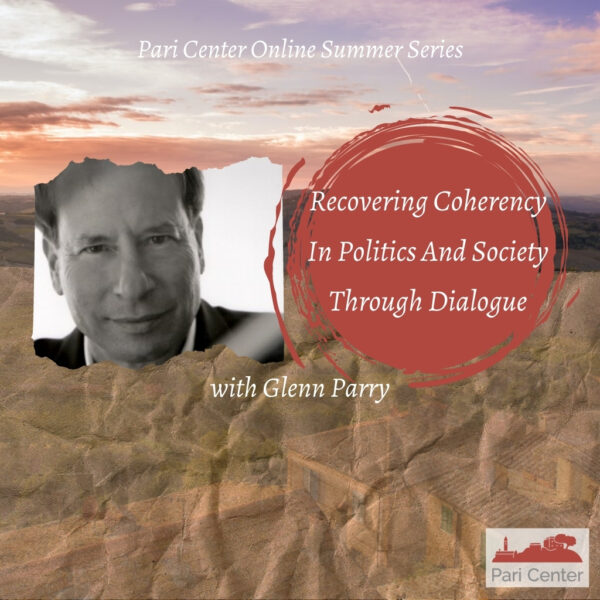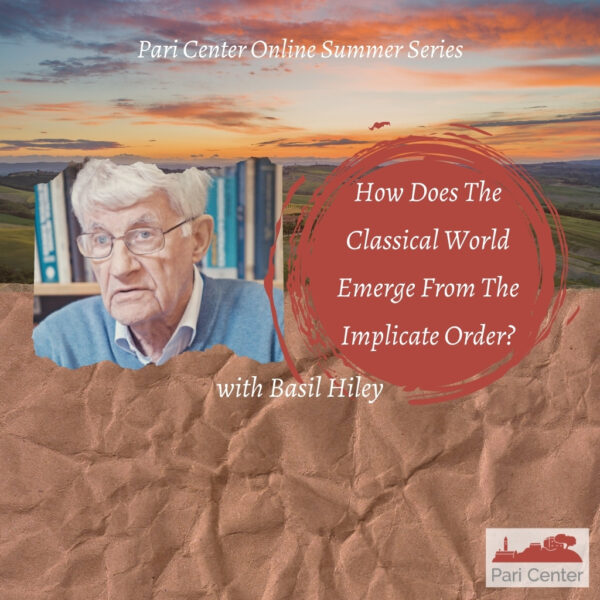Your cart is currently empty!
Dendritic Quantum Mechanics with Paul Tappenden
10,00€
October 3, 2021 – The advent of quantum mechanics in the 1920s brought with it the idea that fundamental physical processes may be stochastic which is to say random but constrained by probabilistic law. Rather than the future being determined in advance, as envisaged by Newtonian mechanics, one actual future is stochastically selected from a…


